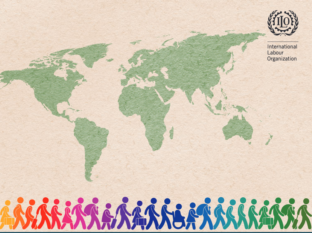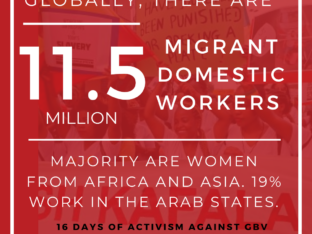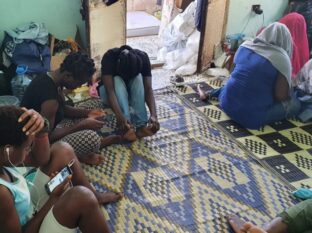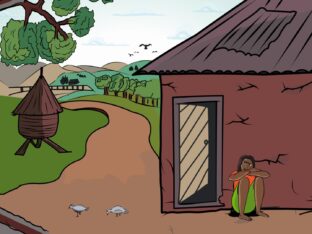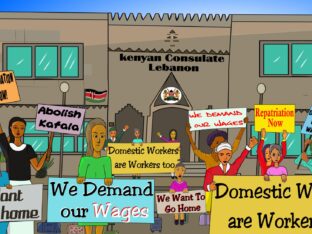LABOUR MIGRATION
|
Kenya to the Middle East
Kenya is a majour source of Labour for countries in the Middle East. More Kenyans are driven to migrate for work in the domestic, hospitality and construction sectors by high unemployment rates, low wages and demand for labour. But oppressive labour regulations and poor enforcement means that cases of abuse and exploitation are rife. Our blog publishes commentary, opinions and analysis on labour migration governance in Kenya and the countries of destination such as Lebanon, Bahrain, Saudi Arabia and other Middle Eastern countries.
15/11/2020 | Sophia Njiru
30/11/2020 | Sophia Njiru
02/12/2020 | Send Us Home Kenya
22/03/2021 | Send Us Home Kenya
31/03/2021 | Sophia Njiru
01/05/2022 | Send Us Home Kenya
07/08/2022 | Sophia Njiru
31/03/2023 | Send Us Home Kenya
28/10/2020 | Send Us Home Kenya
15/10/2020 | Send Us Home Kenya
23/07/2024 | Send Us Home Kenya


